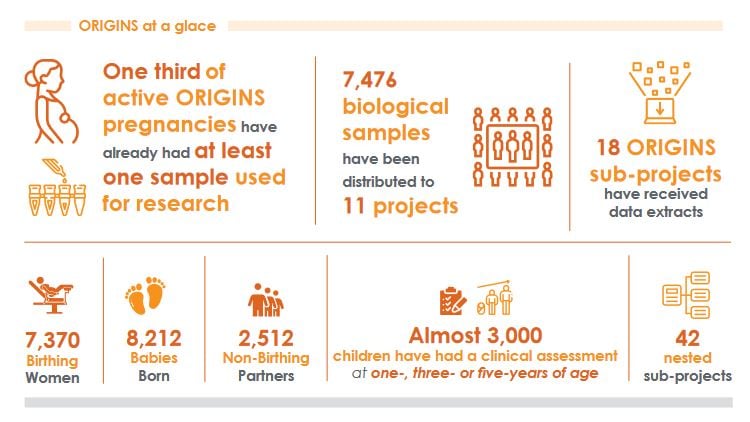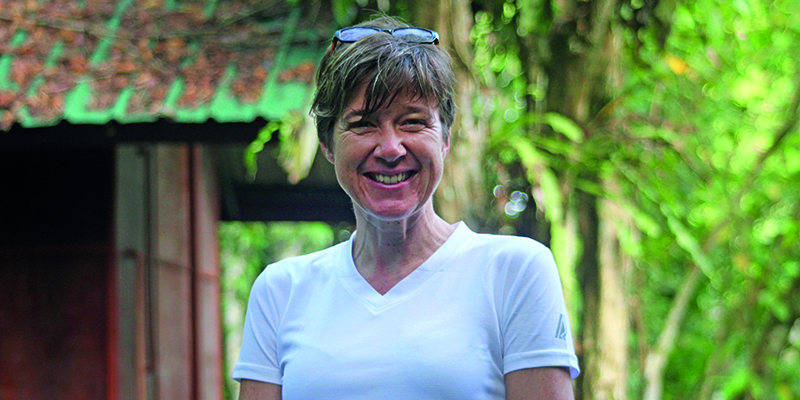Search

News & Events
Churchlands High School Fun Run hits $30,000Over 1000 Year 7 and 8 students from Churchlands Senior High School laced up their running shoes yesterday for their annual Fun Run raising money for the Wesfarmers Centre of Vaccines and Infectious Diseases.
These project websites display extended detailed information about specific research areas.

News & Events
Australia one step closer to COVID-19 shot for under 5sAustralia’s TGA has granted a provisional determination to Pfizer, allowing the pharmaceutical company to apply for approval to extend its COVID-19 vaccine to children aged 6 mths - 4 yrs.

News & Events
Internet and gaming use linked to serious mental health disorders in young peopleThe Kids Research Institute Australia researchers have found a strong link between excessive internet use and increased levels of psychological distress, including suicidal t

News & Events
$3.4mill to improve treatment management of cystic fibrosisThe Kids researchers have been awarded over $3.4 million for a new trial to pioneer improved ways for managing cystic fibrosis (‘CF’).

The impact of ground-breaking research is helping ORIGINS families
View The Kids Research Institute Australia's 2024 impact report

News & Events
Bill & Melinda Gates Foundation Grant aims to prevent deadly infections in early lifeNewborn babies and their fragile immune systems struggle to fight off nasty infections such as septicaemia, pneumonia and gastroenteritis.
Research
The effectiveness of maternal pertussis vaccination for protecting Aboriginal and Torres Strait Islander infants against infection, 2012–2017: a retrospective cohort studyTo evaluate the effectiveness of maternal pertussis vaccination for preventing pertussis infections in Aboriginal and Torres Strait Islander infants under seven months of age.

Read our most recent Annual and Impact reports or browse those from previous years.
